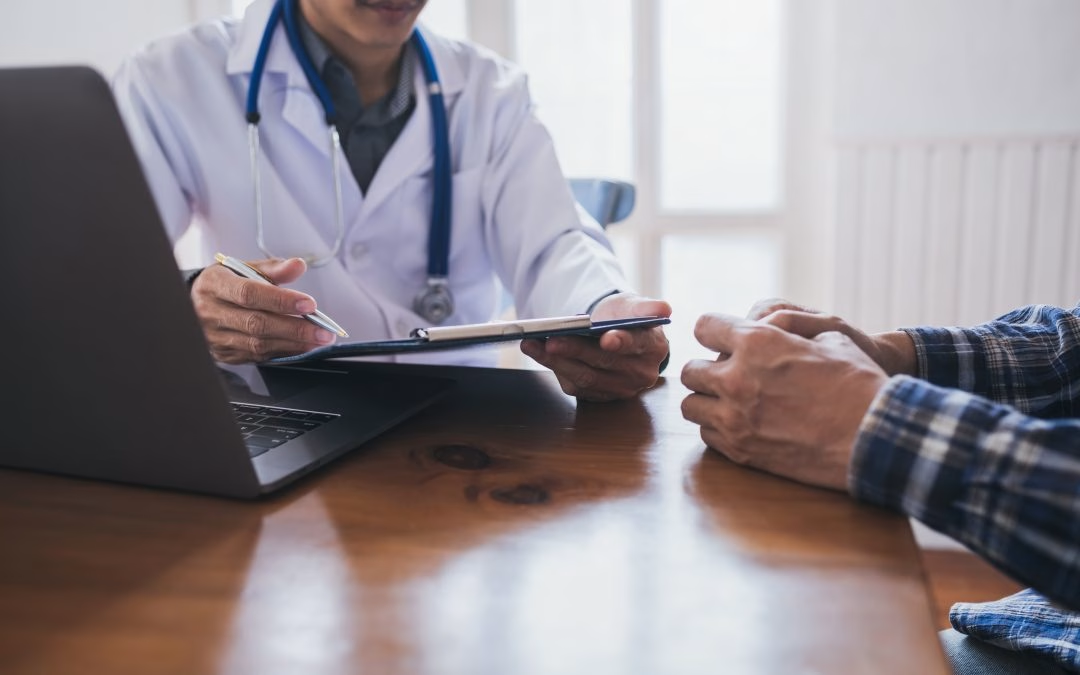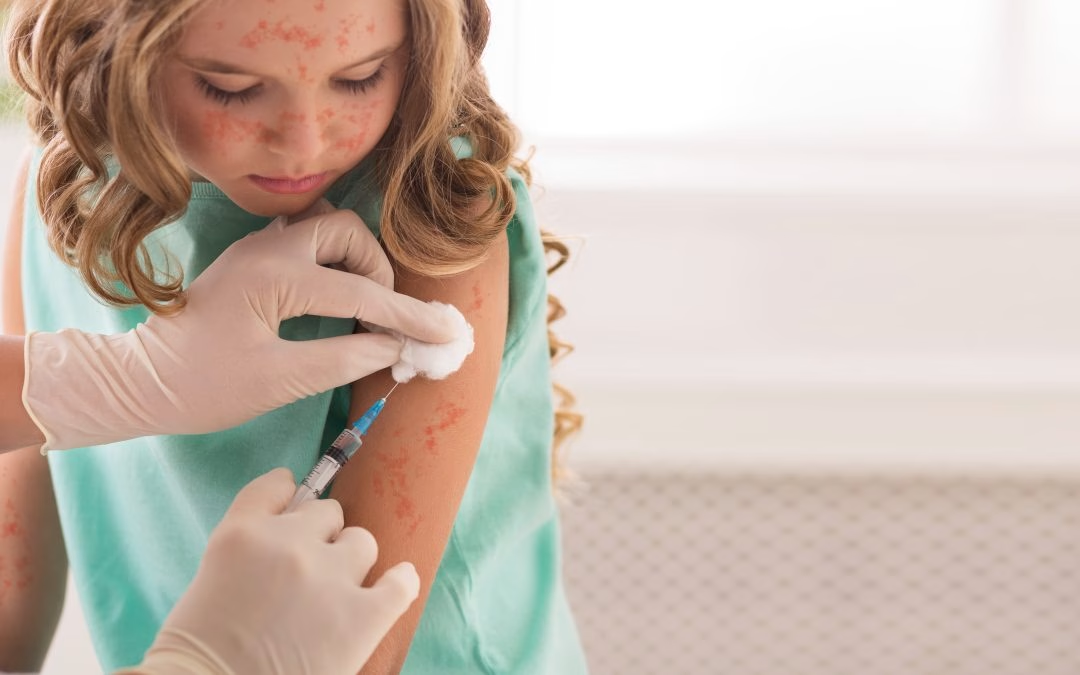
With warm weather coming in, you might feel inspired to spend more time outside enjoying nature’s beauty. As you plan your walks, picnics, outdoor gatherings, and maybe even a soccer scrimmage at Randolph Road Park, consider giving equal attention to your health. Regular STD testing is a vital part of staying healthy, particularly if you’re sexually active. Understanding when to get tested, what to expect during the process, and how AFC Monroe Rd can support you will empower you to take charge of your well-being this season.
What is an STD/STI?
While technically different terms, most people refer to both as STDs. Simply put, an STI is an infection that occurs when bacteria, viruses, or other microbes are passed between people during sexual activity. When this infection isn’t stopped, it can progress into an STD, which stands for Sexually Transmitted Disease. Essentially, most STDs start off as STIs.
Why Is STD Testing Important?
STDs, which stand for sexually transmitted diseases, are infections passed on through sexual encounters. Often, they don’t cause clear symptoms, meaning you or your partner might be infected without even knowing it. When these infections go untreated, they can lead to severe health complications such as infertility, damage to your organs, and an increased chance of spreading the infection. Regular STD testing is a simple, effective way to detect these issues early and get the care you need.
Common STDs and Their Symptoms
Understanding common STDs can help you recognize symptoms early and seek medical attention when needed.
Chlamydia and Gonorrhea
These bacterial infections often do not show symptoms, but when they do, they can cause:
- Painful urination
- Abnormal discharge from the genitals
- Lower abdominal pain
- Both infections can be treated with antibiotics, but early detection is crucial to prevent complications like pelvic inflammatory disease (PID) or infertility.
Syphilis
Syphilis progresses in stages, with symptoms ranging from painless sores to rashes and, in severe cases, neurological issues. If left untreated, it can cause long-term damage. Fortunately, syphilis is curable with antibiotics when caught early.
Human Papillomavirus (HPV)
HPV is one of the most common STDs and can lead to genital warts and certain types of cancer. Many strains have no symptoms and clear on their own, but high-risk strains can lead to cervical, throat, or anal cancer. The HPV vaccine is highly effective in preventing infection.
Herpes
Herpes simplex virus (HSV) causes painful sores on the mouth or genitals. While there is no cure, antiviral medications can help manage symptoms and reduce outbreaks.
HIV/AIDS
HIV weakens the immune system, making individuals more susceptible to infections. Early symptoms resemble the flu, but as the disease progresses, it can lead to severe complications. Regular testing is crucial, as early treatment with antiretroviral therapy (ART) helps manage the condition and improve quality of life.
If you are worried that you might have an STD/STI, contact AFC today!
When Should You Get Tested?
The frequency of STD testing depends on several factors, including your sexual activity, the number of partners, and any symptoms you may experience. The Centers for Disease Control and Prevention (CDC) provides general guidelines on STD testing:
- Annually: Sexually active individuals, especially those with multiple partners, should get tested at least once a year.
- Every 3-6 months: If you have new or multiple sexual partners or engage in unprotected sex, more frequent testing is recommended.
- Immediately: If you experience symptoms such as unusual discharge, pain during urination, genital sores, or itching, you should get tested right away.
- During Pregnancy: Pregnant individuals should be screened for STDs to protect their health and prevent passing infections to their babies.
What to Expect During an STD Test
Many people feel anxious about STD testing, but the process is simple, confidential, and quick. Depending on the type of infection being tested for, you may need:
- A urine sample
- A blood sample
- A swab of the affected area (such as the throat, genitals, or rectum)
- A physical examination
Results are typically available within a few days, and if an infection is detected, treatment options will be discussed.
When to Visit AFC Monroe Rd for STD Testing
If you are sexually active, experiencing symptoms, or have concerns about potential exposure, visiting our clinic for STD testing is a smart decision. Our experienced medical team provides:
- Confidential and professional testing in a comfortable environment
- Rapid results and treatment options to address infections quickly
- Preventative care and counseling to help you stay informed about your sexual health
- No appointment is needed, just walk in at your convenience. We are here to provide judgment-free, comprehensive care tailored to your needs.
Taking control of your sexual health is an important step in maintaining your overall well-being. Regular STD testing ensures early detection, treatment, and prevention of potential complications. Whether you need routine screening, have symptoms, or want peace of mind, AFC Monroe Rd offers convenient, confidential, and expert care. Make your health a priority this spring and visit us today.

